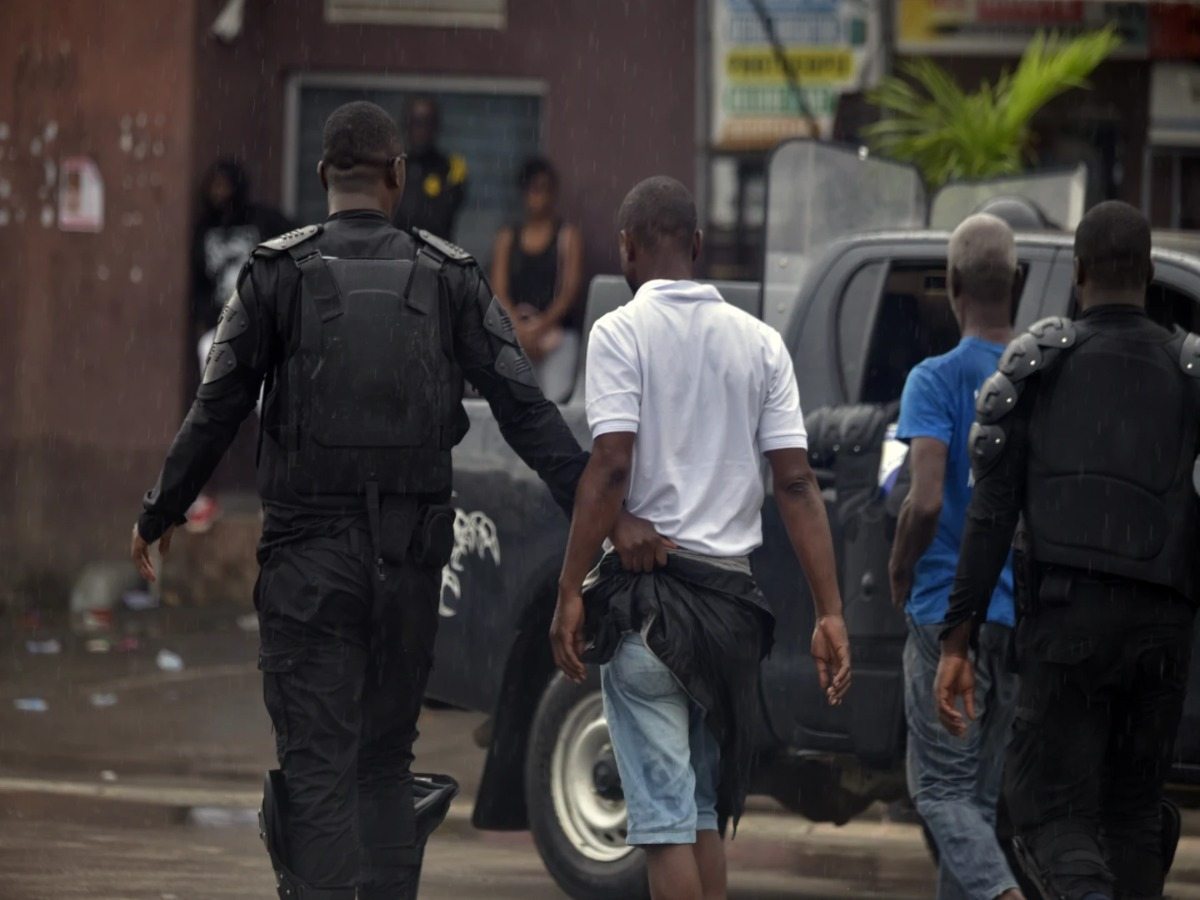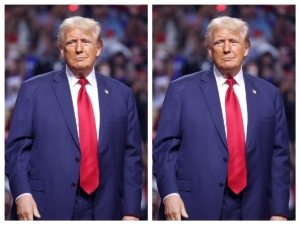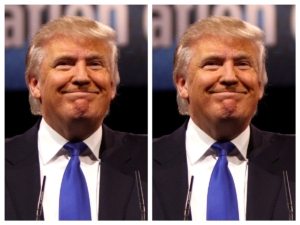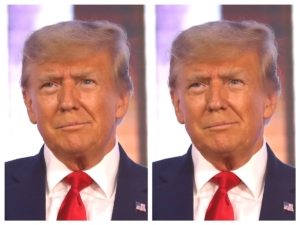Authorities in Ivory Coast arrested at least 237 people on Saturday as police moved to break up a banned protest denouncing what activists described as the country’s slide toward authoritarian rule.
The arrests were announced by Interior and Security Minister Gen. Vagondo Diomandė during a televised statement.
Witnesses, according to AP’s report, said security forces fired tear gas and blocked roads leading to the planned march route in Abidjan, where demonstrators had vowed to defy an official ban. The protest came two weeks before the nation’s presidential election, a contest already mired in controversy over who is allowed to run.
READ ALSO: Ivory Coast protesters demand inclusion of opposition leaders in presidential race
Ivory Coast, home to 32 million people and the largest economy in Francophone West Africa, is set to vote amid deep political divisions. The electoral commission earlier this year disqualified several prominent opposition figures, among them former President Laurent Gbagbo and ex–Credit Suisse chief executive Tidjane Thiam.
President Alassane Ouattara, who has led the country since 2010, is seeking a fourth term following a 2016 constitutional revision that lifted term limits. His decision has drawn criticism from opponents who accuse him of consolidating power through constitutional manipulation.
On the eve of the demonstration, the prefect of Abidjan declared all marches prohibited, citing the need to preserve public order during the campaign period. “All these people will be held accountable for their actions,” Diomandė said, insisting the protest was illegal.
READ ALSO: Ivory Coast opposition slams arrests as crackdown deepens ahead of October election
Political tensions have long shadowed elections in Ivory Coast. When Ouattara pursued a third term, clashes occurred across the country, leaving several people dead.
Ouattara now joins a growing list of West African leaders who have extended their rule through constitutional changes. He has defended his latest candidacy as necessary to confront what he called “unprecedented security, economic and monetary challenges” facing the nation.
Over the last decade, insurgent groups linked to al-Qaida and the Islamic State have pushed south from the Sahel into wealthier coastal countries, including Ivory Coast, Togo, and Benin. Analysts warn that the instability threatening the region could intensify as election tensions rise.










